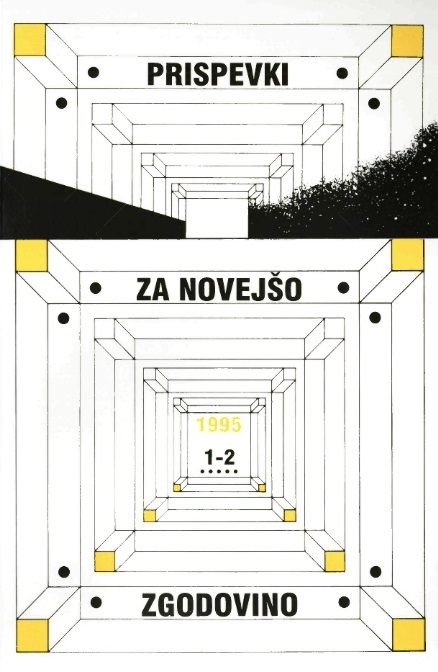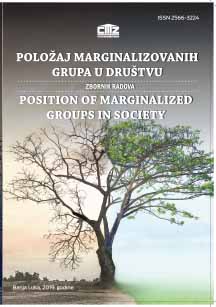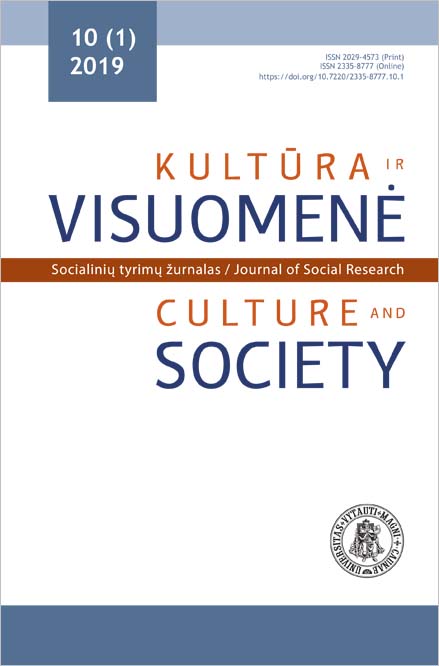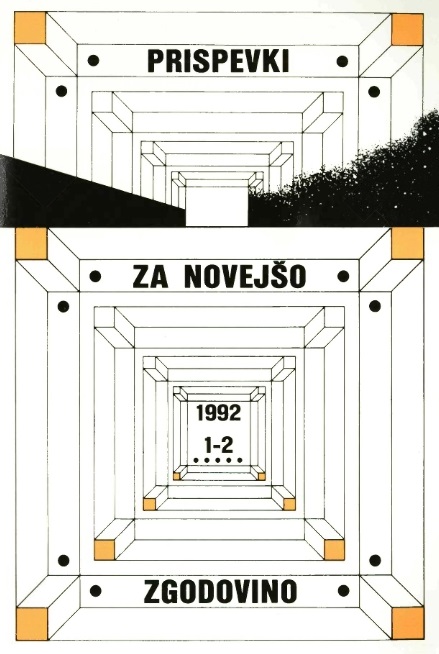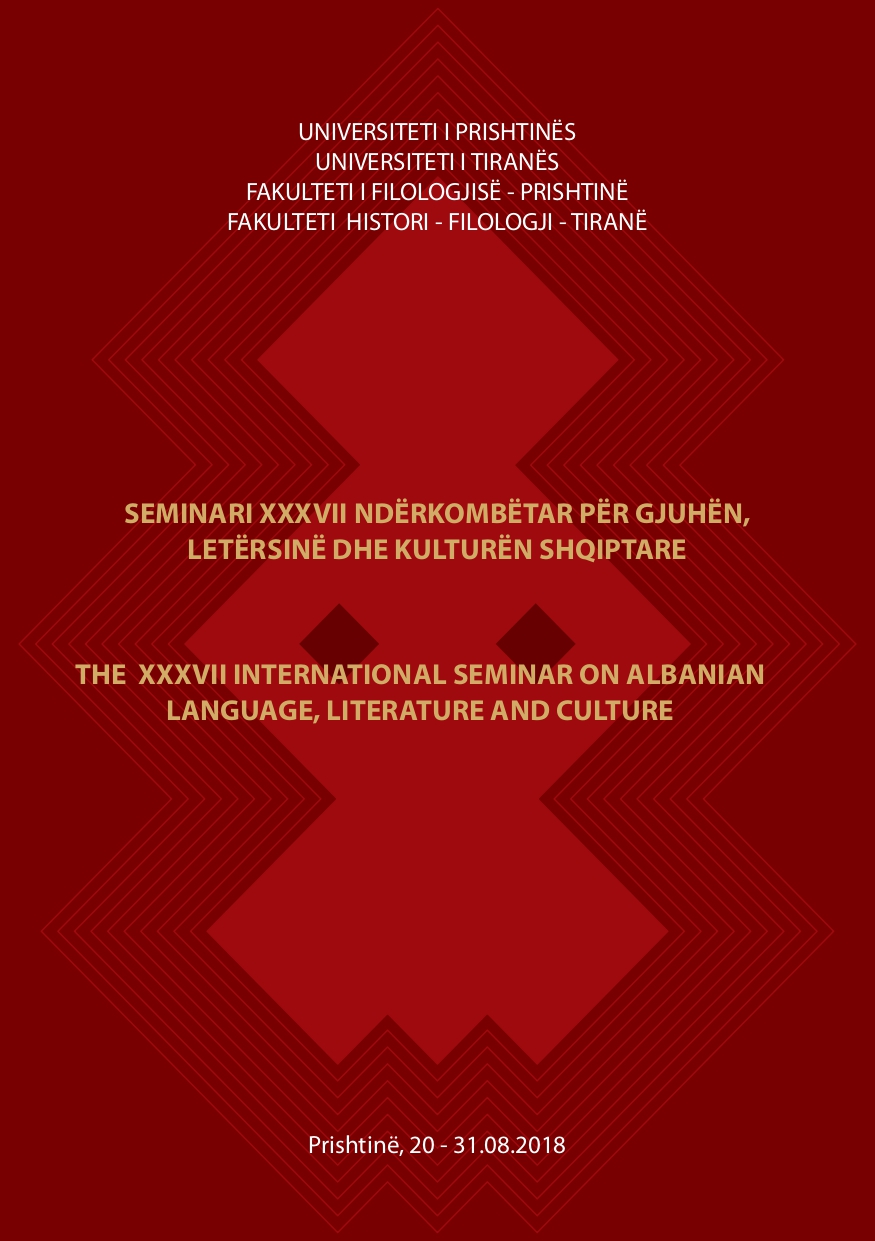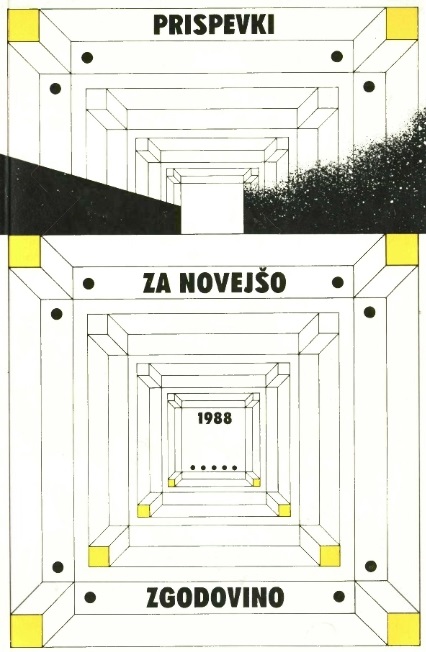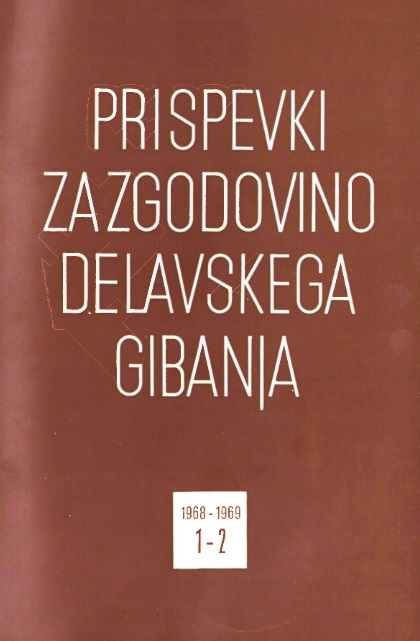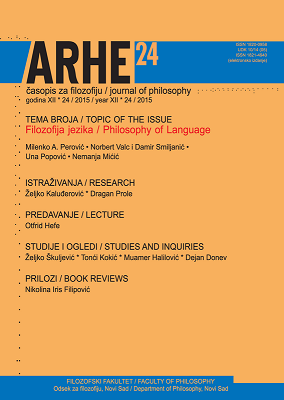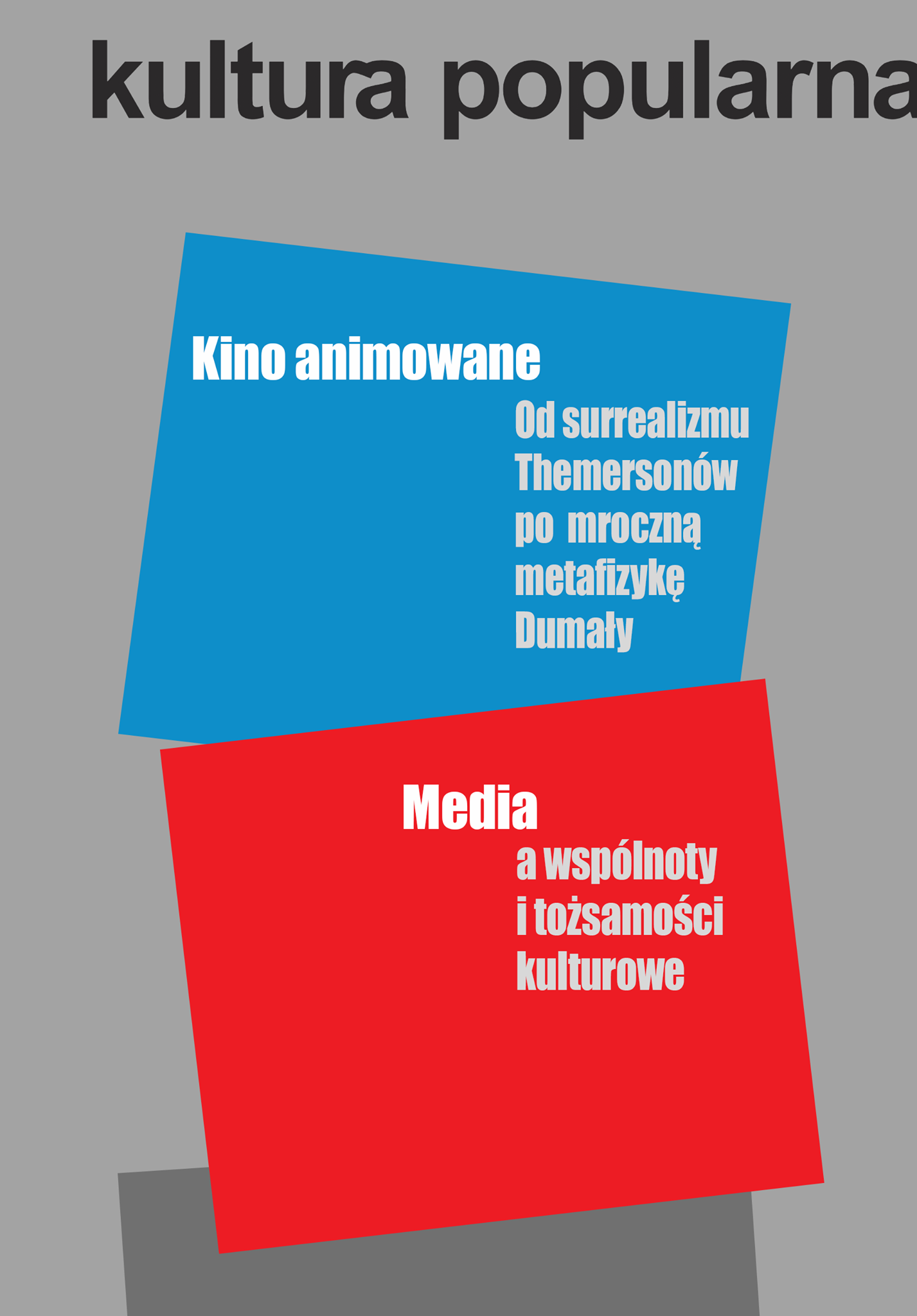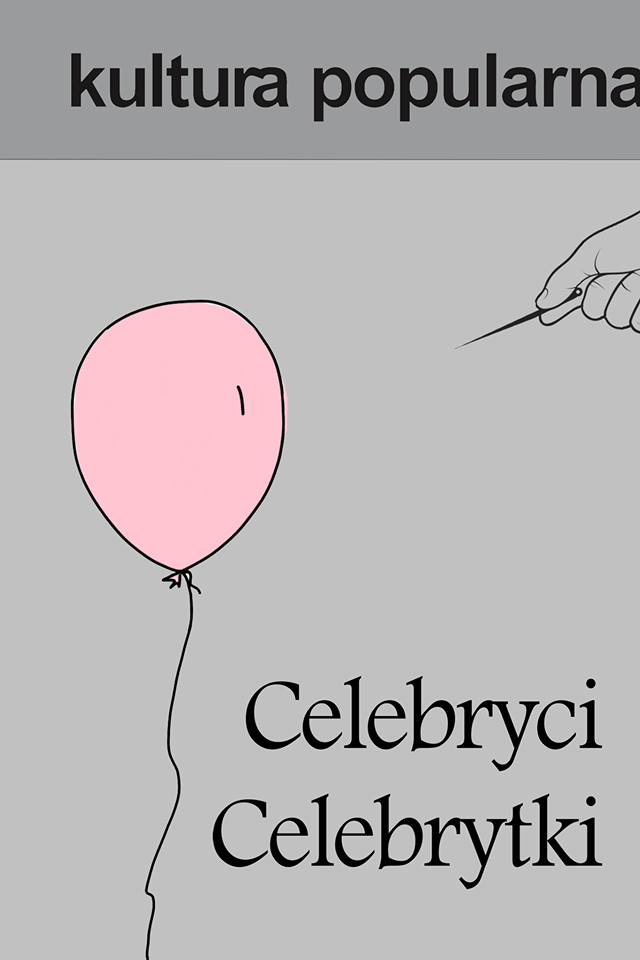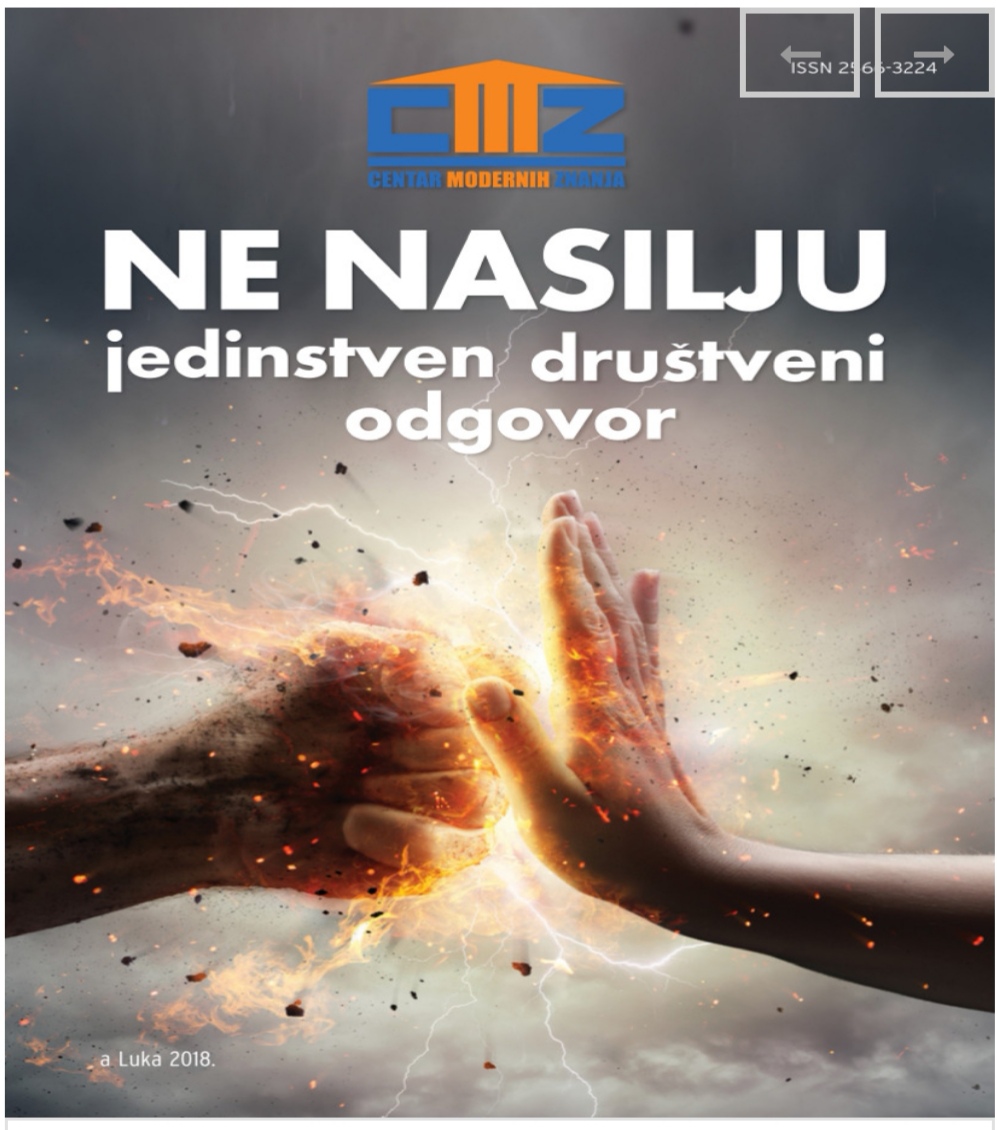Niko Županič in vprašanje jugoslovanstva: med politiko in antropologijo (1901-1941)
A biographical outline of the Slovene Anthropologist and Ethnologist Niko Županič (1876-1961) is the starting point for a discussion of integral Yugoslavism among the Slovenes from the early 20th century until 1941. Županič stems from the region of Bela krajina and studied history, geography and ethnology at the University of Vienna. In 1907 he moved to Belgrade, where he worked as curator in the Cultural Arts Museum and in the Ethnographical Museum. During World War I he was member of the Yugoslav Committee. He returned to Slovenia in 1921, where he became director of the Ethnographical Museum in Ljubljana. In 1922/23 he was minister in the Yugoslav government of the radical Nikola Pašić for some months, but his efforts to promote the Radical Party in Slovenia, which wars originally a Serbian party, remained fruitless. The reasons for this failure have to be considered in the already distinct political constellation in Slovenia, where the Liberals were considered more apt to represent the option of integral Yugoslavism. During his political career Niko Županič pursued the concept of a biologist version of Yugoslavism which was influenced by the Serbian geographer Jovan Cvijić and was based upon the approaches of "racial science". It proclaimed the dominance of the Yugoslavs in the Balkans, which were on a level with the "German race", while it disparaged Albanians, Greeks and partly Bulgarians. This concept seems to be a Slav reaction on German racist ideas, which were modern in Vienna in the early 20th century.
More...
